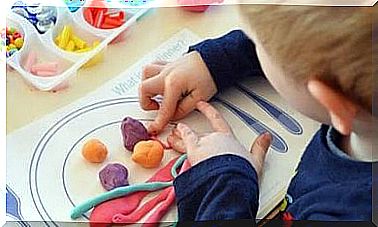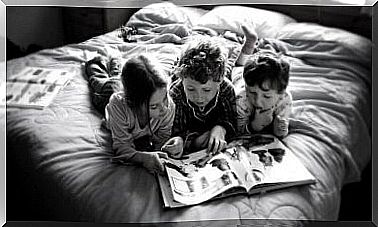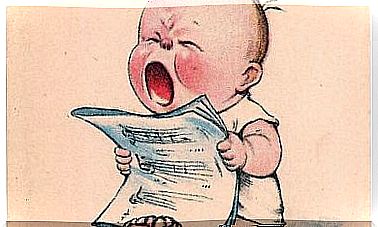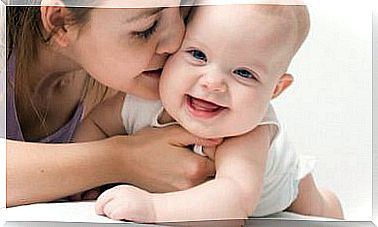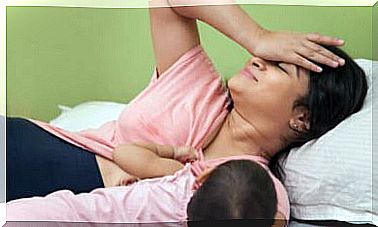Nightly Fears In Children
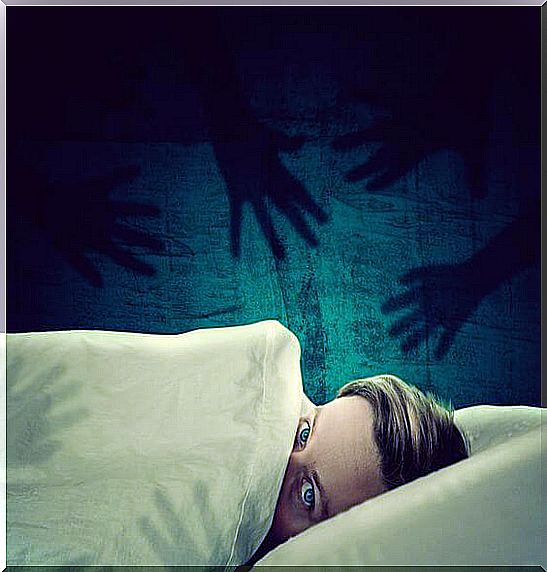
Nighttime fears in children are common. Sometimes it is a sleep disorder that looks like a nightmare. Although they can be very scary to children, they are not usually a cause for concern since it is not an indicator of any pathology. It is similar to a nightmare except that it is exaggerated and prolonged.
These usually occur two to three hours after the child falls asleep. It happens during non-REM sleep that can be described as a sudden fear reaction. It occurs in the transition from the deepest non-REM sleep phase to the shallowest REM sleep phase, which is the stage in which dreams occur.
Usually this transition happens smoothly, but there is a good chance that the child will become frightened and agitated. This fear reaction is known as night terror. It is most common in children 3 to 7 years old. It can also occur in adults, especially when there is emotional stress or alcohol consumption.
What is the cause of night fears?
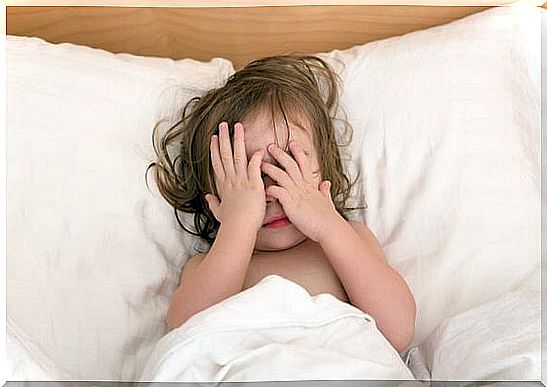
Fears, and also night terror, are induced by an overactivation of the central nervous system. This system is the one that regulates brain activity during sleep and wakefulness. This occurs because in children it is still maturing. Some children have heredity or a tendency to this hyperarousal.
María Loreto Peña, a child neurologist at the Avansalud Clinic, points out that approximately 80% of children suffer from night fears, they have a relative or close relative who also suffered it. It is also related to the inheritance of sleepwalking during childhood, that this is a sleep disorder.
Explain that it can last 10 to 20 minutes and the child goes back to sleep peacefully. During this episode the children scream, scared and confused as they are not aware of their surroundings. While this is happening, the child may sweat, breathe very fast, feel the acceleration of his heart rate.
Sometimes this is compounded by dilation of the pupils. Most children do not know how to explain what happened in the morning when they wake up, they do not retain their memories.
Night terror and most fears have been perceived in children in the following circumstances.
- Tired
- Sick
- Fatigued
- Stressed
- That they were in a different environment than their home.
- Under administration of a new drug.
Relatively these nocturnal fears are rare, affecting between 3 and 6% of children. The rest have a nightmare from time to time, mostly it happens to boys than girls. It is important to note that they have described that these fears can be experienced by a child only 18 months old.
Recommendations to act in the face of night fears
According to neurologist Loreto Peña, it is preferable that parents do not interrupt these episodes. It is understandable that they want to comfort the child, however, this action can cause the opposite effect to the desired one. This can make the child more agitated.
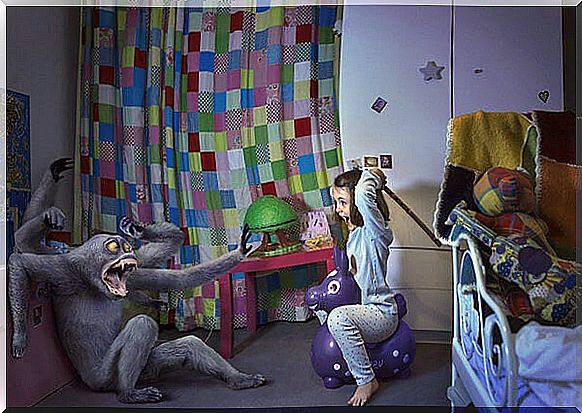
It is best to wait patiently for it to pass. Make sure the child feels calmer before letting him continue his sleep.
To avoid night fears, several factors must be controlled, for example, the following.
- That there is sufficient sleep and regular sleep schedules. Establish and maintain a bedtime routine that is simple and relaxing.
- Reduce the stress to which the child is subjected. Make sure the little one gets enough rest.
- Do not allow the child to get too tired while being up late.
- Avoid and control fever or other illness that may affect your rest
- Monitor the intake of certain drugs
- Have the child empty his bladder before going to sleep
- Try to always sleep in the usual place.
